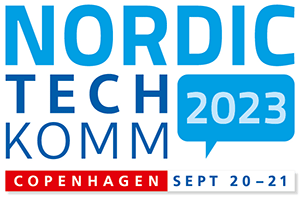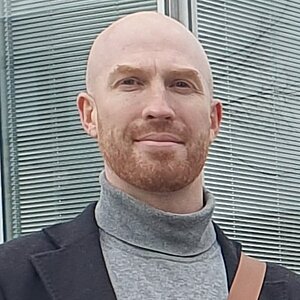Tracking language variation over time and across borders: lessons from lexicography
-
21. September
-
11:50
- 12:20
AM
(CET)
-
Scandium
-
finished
-
No presentation slides uploaded
Content
Language is constantly evolving, resulting in significant changes in what words mean and how they can be used. In this talk, we share insights from the lexicography team at Oxford University Press on the tools and methods they use to track language change over time and in different geographical regions. How do neologisms emerge and become adopted? How and why can a word’s meaning change? Why do English speakers in different regions use different vocabulary and even different grammatical patterns? We’ll use examples from recent dictionary updates to illustrate these concepts
Speakers
Biography
Alistair graduated several years ago as a linguist focusing on language as part of regional and national identity across Spanish speaking regions. After working in sustainable and responsible tourism for many years in roles spanning the globe, Alistair joined the Oxford Languages team as a product manager specializing in finding Enterprise solutions using reliable and unbiased language content before moving into his current account management role. At Oxford Languages, we're leveraging our language expertise and our portfolio of reference content and lexical data in over 60 languages to enrich developers' applications and enable them to offer new solutions. Our customers range from scrappy start-ups to the largest Big Techs.
Biography
Lawson has worked in the LSP industry for over a decade in Australia, North America and Europe. During this time, he has worked in interpreting, translating, transcribing, subtitling, proof-reading and audio-recording in countless projects for some of the biggest names in the world.
Lawson has a real passion for language, history and culture and holds professional certification in Mandarin, a professional diploma of business and an Arts degree focusing on the effects of colonisation and indigenous languages.



